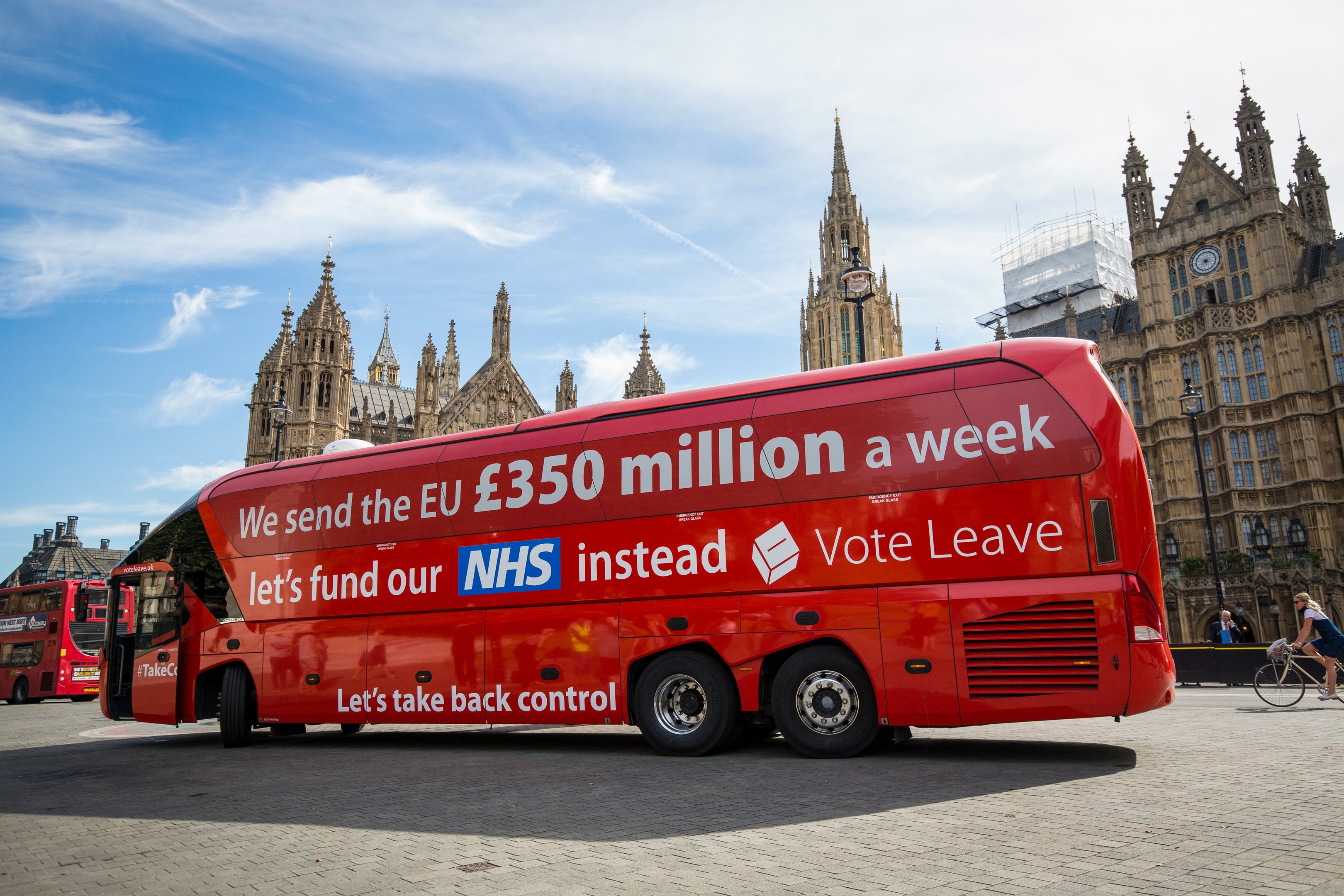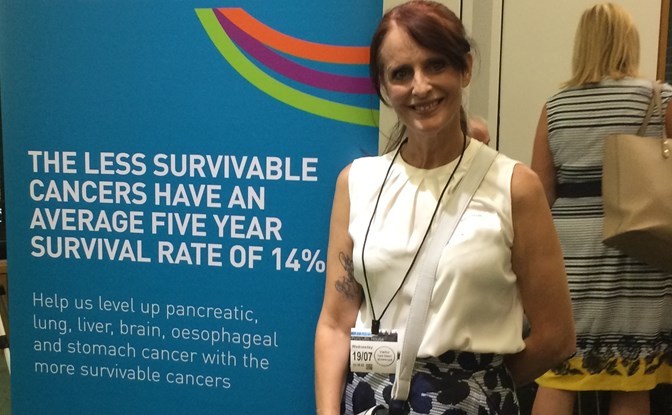
BREXIT could be “disastrous” for cancer research in Britain.
Researchers have expressed concerns about the potential impact of the vote to leave Europe, with 89% saying it could have a very negative impact on cancer patients.
A leading pancreatic cancer researcher labelled Brexit’s potential impact on pancreatic cancer research as “devastating”.
The risk that Brexit poses to healthcare and the NHS has been well documented, but Pancreatic Cancer UK says the threat is particularly worrying.
Since 2008, the EU has contributed at least £6.2 million to pancreatic cancer research in the UK and the charity says it is crucial to protect this funding for the future because the disease lags far behind most other cancers in terms of tools to diagnose the disease earlier and the treatment options available to patients.
This leaves pancreatic cancer patients diagnosed with the disease in 2017 with a similar chance of surviving as patients diagnosed in the early 1970s —fewer than 7% of patients currently survive beyond five years.
Around 8,800 people die every year of the disease in the UK, and 80% of people with pancreatic cancer are not diagnosed until it is at an advanced stage.
Surgery is the only treatment which could save lives yet only 8% of people have it, meaning pancreatic cancer has the lowest survival of all the 20 common cancers.
Sharon Myatt was diagnosed with pancreatic cancer in November, 2013, and had surgery to remove her tumour.
She was then one of 732 patients across the UK, Germany, Sweden and France to take part in the ESPAC 4 clinical trial.
This was heralded as enormous progress for pancreatic cancer treatment as it found that 29% of patients treated with a combination of chemotherapy drugs after surgery lived for at least five years, compared with 16% given gemcitabine, the current standard treatment after surgery, alone.
Sharon (49) says: “As a pancreatic cancer patient, I didn’t have many treatment options, so I jumped at the chance to take part in the trial.
“Beforehand, I felt there was very little hope but now, I truly feel I have a life yet to live.
“In the last three years alone, I have seen three grandchildren born and have watched them grow from babies to toddlers.
“I’ve also seen more of the world and am back at work — experiences denied to so many people with pancreatic cancer.
“I feel proud to have been part of the trial, and not just because it had such a positive outcome.
“Without trials, we wouldn’t know which treatments work well and which don’t. We can’t move forward.
“That is another reason why other patients must still have the chance of taking part in all possible trials.”
Alex Ford, Chief Executive at Pancreatic Cancer UK, adds: “With pancreatic cancer set to become the UK’s fourth-biggest cancer killer by 2026, the UK Government must protect EU funding for vital research as we begin the next chapter of Britain’s history.
“We are beginning to see exciting research breakthroughs which could pave the way to change the future for this long-neglected disease, and to halt this progress would be a tragedy.
“Pancreatic cancer attracts less than 2% of UK cancer research funding each year. Without a guarantee of EU funding for research and access to EU clinical trials, the treatment options of current patients would be even more limited.
“Looking to the future, crucial progress into finding new ways to diagnose the disease earlier and find new treatments could be severely delayed.
“We urge the Government to make Brexit a step forward for people affected by this tough disease, rather than a step backwards.”
Dr Bill Greenhalf, Researcher in Molecular and Clinical Cancer Medicine at University of Liverpool, is currently working on a pancreatic cancer research project which has benefited from £50,000 of EU funding.
He says: “The immediate effect of Brexit on pancreatic cancer patients will be that they may not be able to take part in EU and international-led trials.
“Brexit could be devastating because the EU has been our biggest research funder over a number of years.
“Obtaining funding for trials and securing partnerships with other European institutions is already becoming more difficult. It is as though the brand of UK research is becoming toxic.”
Professor Massimo Pinzani, Director at the UCL Institute for Liver and Digestive Health, adds: “Brexit is a concern for pancreatic cancer because this is an emerging area of research.
“Important progress is being made in terms of developing tools for early detection of the disease, as well as treatments.
“Leaving the EU is likely to slow down the speed of this progress enormously. Funding is a worry, because after 2019, we will not be able to access EU grants unless a resolution on this is made.
“Multinational studies, necessary for pancreatic cancer due to it being a less common cancer, can only be funded through an EU grant.
“Right now, British patients with any disease are first in line on a clinical trial because mostly the trial co-ordinator is based in the UK.
“However, this may not be the case when the European Medicines Agency relocates away from the UK. Overall, the effect of Brexit on pancreatic cancer research could be disastrous.”
For more information visit www.pancreaticcancer.org.uk/researchatrisk

Enjoy the convenience of having The Sunday Post delivered as a digital ePaper straight to your smartphone, tablet or computer.
Subscribe for only £5.49 a month and enjoy all the benefits of the printed paper as a digital replica.
Subscribe